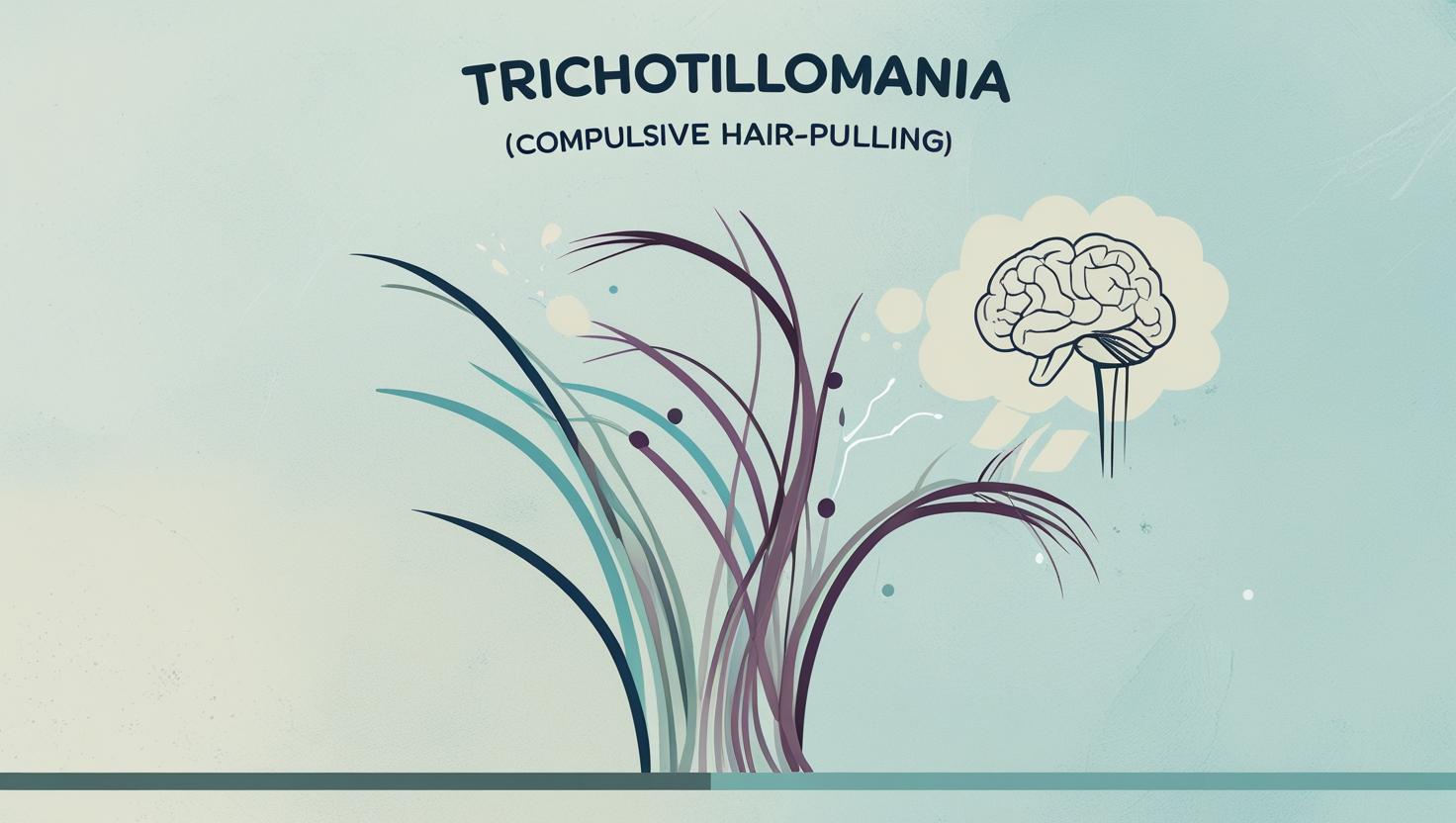Over the past week, Google has recorded stable but significant search volume for mental wellness terms. These patterns not only reflect societal awareness but also provide deep insight into what people are experiencing mentally, emotionally, and socially. By analyzing search trends, we can better understand what Americans need—and how content creators, healthcare professionals, and policymakers can respond.
The rise in mental health searches coincides with an ongoing shift in public perception. Gone are the days when topics like depression or suicidal thoughts were buried under stigma. Now, Americans are openly looking for help, often starting with a Google search. Queries like “how to manage anxiety,” “best therapy apps,” and “stress relief tips” are now mainstream.
In 2025, the most searched mental health topics in the U.S. include:
- Anxiety symptoms and management techniques
- Depression support and treatment options
- Therapy near me and virtual mental health services
- Mindfulness exercises and breathing techniques
- Mental health apps and digital wellness tools
These trends reveal that people are not just concerned about their mental health—they’re also actively seeking solutions. Whether it’s scheduling a virtual therapy session, downloading a meditation app, or reading self-help articles, Americans are taking action. This marks a powerful cultural transformation in how we approach emotional well-being.
Interestingly, anxiety remains the top mental health concern based on online behavior. Spikes in anxiety-related searches are often triggered by news events, economic uncertainty, job stress, or personal life transitions. Queries such as “what does anxiety feel like?” and “how to calm down during a panic attack” have remained among the most clicked search results for years.
Depression is another topic that sees consistent attention. While anxiety is often situational, depression is more chronic and complex. Many users search for “early signs of depression,” “natural treatments for depression,” and “depression vs. burnout.” These queries show that people are trying to differentiate between everyday stress and serious mental health disorders.
Another growing area is the use of mental health apps. From guided meditation to daily affirmations, these tools are gaining popularity among both Gen Z and millennials. Search interest in “best apps for mental wellness” or “free anxiety apps 2025” indicates a high demand for digital support systems that are convenient, affordable, and private.
The trend toward teletherapy also reflects a major shift. More Americans are comfortable accessing therapy through their phones or laptops. Search volume for “online therapy near me” or “virtual therapy without insurance” has grown significantly in the last year. This shows the increasing importance of technology in making mental health care more accessible.
Besides clinical terms, people are also looking for softer, everyday solutions. Topics like “how to practice mindfulness,” “evening self-care routines,” and “ways to improve emotional resilience” suggest a broader cultural embrace of daily mental health practices. Americans are realizing that prevention and daily maintenance are just as important as treatment.
Google Trends also shows spikes in stress-related searches during tax season, school exams, or major political events. Terms like “how to stop overthinking” or “quick stress relief” surge during these times. Employers, educators, and community leaders should take note—these moments are critical opportunities to offer targeted mental health support.
In addition to individual wellness, social searches such as “how to help a friend with depression” or “what to say to someone having a panic attack” show increased interest in community-based mental health awareness. This reflects a collective shift toward empathy and mutual support.
The trend toward improving mental health literacy is undeniable. As Americans gain access to more tools and content, they also become more discerning. They want trustworthy information backed by science but presented in clear, practical language. That’s why health bloggers, YouTubers, and even TikTok creators are gaining popularity in the wellness space—especially when their advice is based on real expertise.
So, what does all this mean for content creators and health professionals? There’s a major opportunity to connect with audiences through high-quality, SEO-friendly content around mental wellness. Whether it’s creating videos, guides, podcasts, or blog posts, the demand is there. Users are specifically looking for tips, routines, worksheets, and resources they can apply in their daily lives.
Meanwhile, public health institutions can use Google Trends data to predict needs and tailor interventions. For instance, if anxiety-related searches spike in a certain state, local health departments can run awareness campaigns or allocate resources accordingly.
In conclusion, the state of mental health in 2025 reflects a growing awareness, rising openness, and proactive behavior among the American public. People are no longer waiting for a crisis—they’re building habits, seeking knowledge, and making mental health part of their daily lives. Whether you’re a healthcare provider, digital creator, or simply someone who wants to help, now is the time to join the movement for better mental wellness for all.





